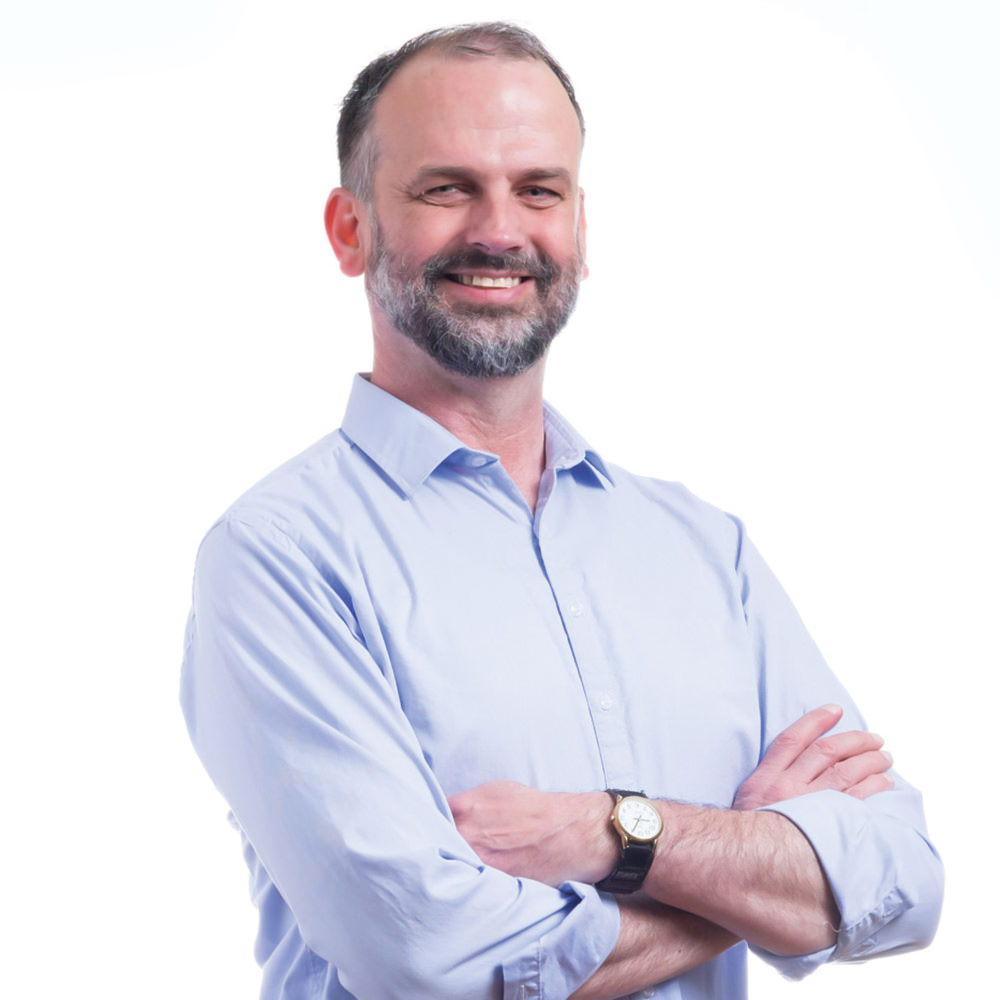09 Mar Responding to the Pope’s Call to “Care for our Common Home”
 Pope Francis’ Laudato Si’ is a compelling social encyclical asking us to, individually and collectively, join together globally to answer the cry of our mother earth to care for her. In caring for her, we are caring for our environment and creating a world where everyone, in particular the poor and indigenous peoples, can live in harmony. Pope Francis refers to Saint Francis of Assisi as his inspiration for Laudato Si’ because he was, “concerned for God’s creation and for the poor and outcast…[and] shows us how inseparable the bond is between concern for nature, justice for the poor, commitment to society and interior peace.” Pope Francis addresses these topics in a way that we can all understand. He also challenges us to move from words to action.
Pope Francis’ Laudato Si’ is a compelling social encyclical asking us to, individually and collectively, join together globally to answer the cry of our mother earth to care for her. In caring for her, we are caring for our environment and creating a world where everyone, in particular the poor and indigenous peoples, can live in harmony. Pope Francis refers to Saint Francis of Assisi as his inspiration for Laudato Si’ because he was, “concerned for God’s creation and for the poor and outcast…[and] shows us how inseparable the bond is between concern for nature, justice for the poor, commitment to society and interior peace.” Pope Francis addresses these topics in a way that we can all understand. He also challenges us to move from words to action.
Regis College lecturer, Professor Sean Mulrooney, offers a response to the Pope’s call to action with a new course entitled Injustices in Canada Today. His course, offered this past fall, identifies some of the major injustices in our present culture, examines how they came to be, whether Canadian law combats or perpetuates these injustices, and how we might begin to rectify them. The course focuses on three very weighty and relevant topics: indigenous people, the environment and refugees.
Students are asked to consider not only social injustices but also their own identities as individuals, neighbours, citizens and Christians. More than merely providing students new information about injustices, the course offers them an opportunity for self-transformation. Professor Mulrooney is convinced that we can only change society in a meaningful way if we ourselves have been changed. As Pope Francis says, we need “not just a change in technology but a change in humanity. We need to replace consumption with sacrifice, greed with generosity, wastefulness with a spirit of sharing.”
To incarnate this spirit of sharing, the course is structured rather differently from most university courses. First, the class size is limited to 12 so small group discussion is possible and everyone’s voice can be heard. Second, at the beginning and end of the course, students share a meal together and so get to know each other in something other than a conventional classroom setting. Third, guest speakers are invited to the course—and thus the class learned first-hand about injustices in Canada today not just from a professor but from a Mohawk woman, from an expert in the warming and acidification of the oceans and from an Angolan refugee who had been tortured for speaking truth to power. Despite the injustices that each of our speakers knew firsthand, each of them exuded a deep undercurrent of hope. “The hope that we sensed in those who had suffered so deeply was one of the many good and surprising things that emerged from the course,” says Professor Mulrooney. This hope is also reflected in Pope Francis’ appeal in Laudato Si’: “the urgent challenge to protect our common home includes a concern to bring the whole human family together to seek a sustainable and integral development, for we know that things can change.”
Professor Mulrooney’s course Injustices in Canada Today is offered every two years and can be taken by any student registered at the Toronto School of Theology. If you are interested in exploring your options for embarking on Masters or PhD studies in Theology, please contact Abigail Kitane at 416-922-5474 extension 227.

Sean Mulrooney
B.A.; M.A.; Ph.D.
Lecturer, Philosophy
Teaching Level: Basic Degree
Specializations: Philosophy
Departments: Theological
sean.mulrooney@utoronto.ca
Room 314; ext. 269


